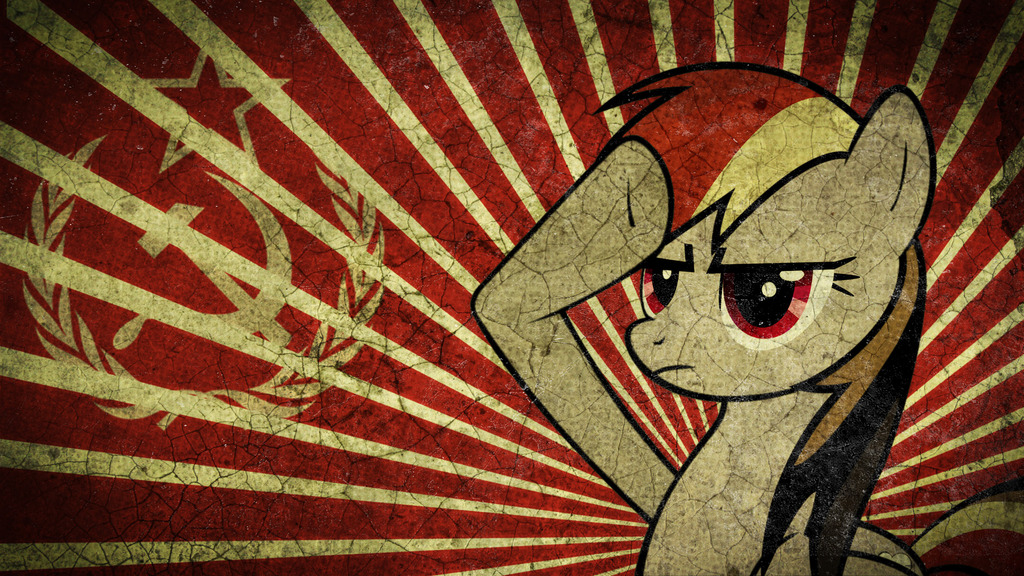We’ve already talked about school and how we can change it in the past. But today I want to discuss a specific topic related to school: bullying.
As a neurodivergent person, I’ve had my own share of bullies pick on me in the past, two of which I was lucky not to get into physical fights with. There are so, so many people who have had even worse experiences with bullying.
In school, children/adolescents pretty much have to be around each other, making it more difficult to deal with bullying.
How can socialism deal with this issue?


Scientifically, broadly speaking. I can’t speak specifically because I’m not an expert in child sociology and I don’t know how a theoretical future state might handle things, nor how people might behave in a future state.
But look to initiatives taken in current socialist states (well, most states, really). A problem comes to light, experts are called in, a plan is discussed then voted on then enacted. After some amount of time the results are assessed and any needed adjustments can be made.
I feel like my comment is so vague as to not be saying anything. But the gist I’m trying to get at is that a key component of scientific socialism as a methodology is constant analysis, constant dialectical engagement with the real world, a process of synthesizing theory and practice into praxis, moving abstract notions into concrete results. Universalities are a starting point that get honed down by specificities.
Not to deter anyone from voicing lived experiences, nor silence discussion. Both are essential to developing theories that can be tested. There’s a limit to how far we can get with conjecture about a future world, but the ideas may help us think about how to engage currently.
I strongly suspect the prison- and factory-like conditions :foucalt-madness: of schools contribute to violent norm-enforcing behavior. The strict hierarchical division between the authoritative “knowledge giver” and the supposedly empty-minded “receptacle of knowledge” as well.
Freir’s Pedagogy if the Oppressed may tangentially be relevant to this topic, although I don’t remember specifics.
Nah, I get your meaning. I understand wanting to grapple with the issue as it impacts a lot of people now and will in the future if not addressed, but there’s only so much you can do speculating about a future socialist project and it may not be the case that one solution would work for every school, even within the same socialist state.
We can certainly take an ideological position, such as that bullying is unacceptable, that it would be the responsibility of the state and the local community, and would need to be worked toward getting rid of entirely. But without being able to act on it now at a specific school, the most valuable first step probably would be looking at past efforts to eliminate bullying in existing projects, socialist or otherwise. Edit: As well as being clear on what is considered to be bullying, what is not, how something crosses over from being a mutual dislike or dispute to bullying and what are the needed differences in response to that, if relevant. Investigation is key.